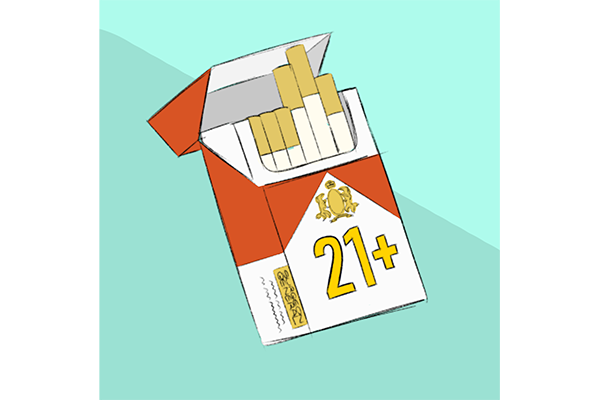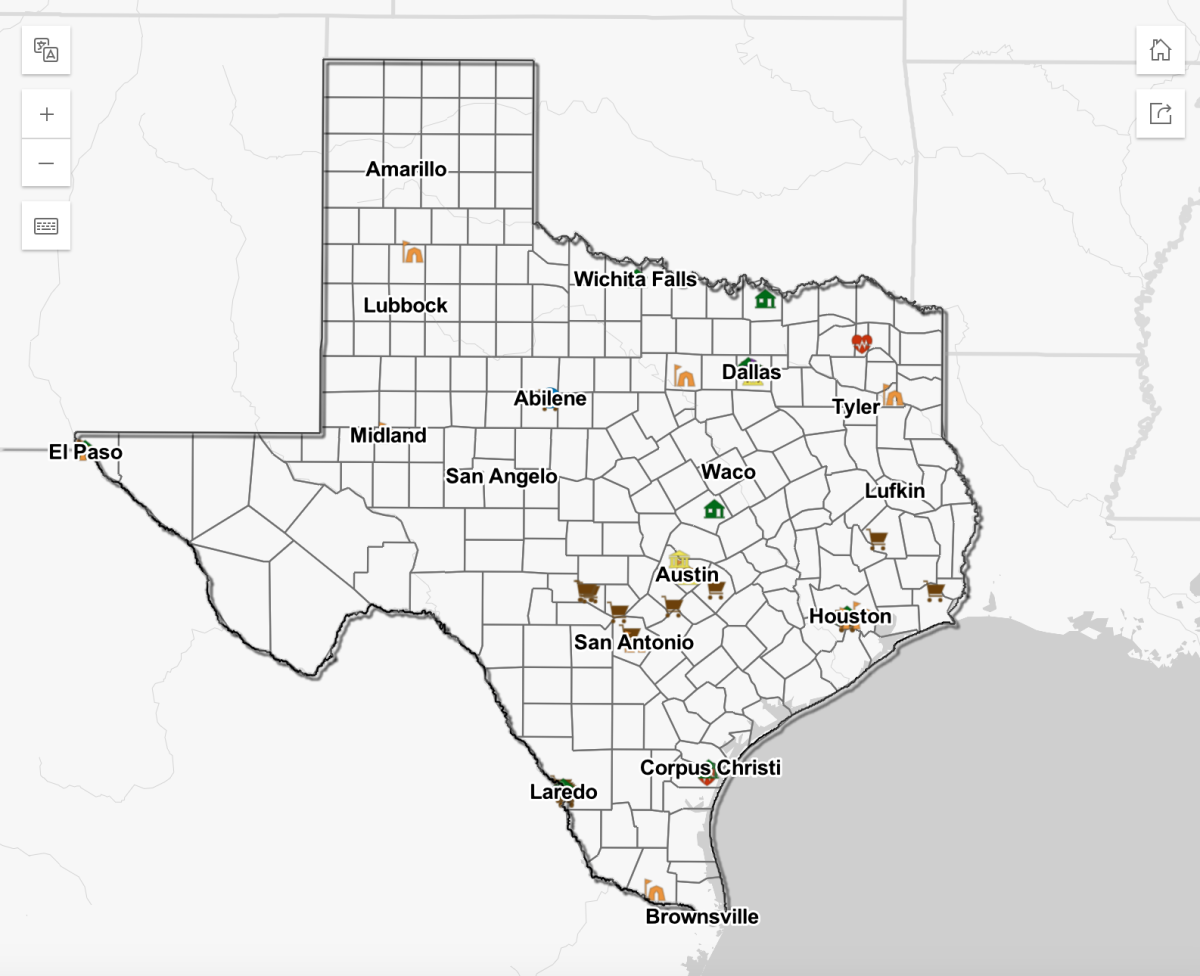With the Texas Legislature just weeks away from passing a bill to raise the age limit for tobacco purchase and consumption to 21, the United States Senate is preparing to propose the same measure on the national level.
Just before the April Congressional recess, which ended Monday, Senate Majority Leader Mitch McConnell said raising the age limit was a “top priority” for when lawmakers returned.
“For some time, I’ve been hearing from the parents who are seeing an unprecedented spike in vaping among their teenage children,” McConnell said at a news conference earlier this month. “In addition, we all know people who started smoking at a young age and who struggled to quit as adults.”
McConnell said he would introduce the bill in May. The Kentucky Republican did not mention specifics of the bill, but said he believed it would receive support from both parties.
The U.S. House has already introduced two proposals, one from each party, that would raise the age limit to 21. The Democratic bill raises the age limit and orders the Food and Drug Administration to speed up on other anti-tobacco steps, such as including graphic health warnings on cigarette packs.
In Texas, Senate Bill 21 was passed out of the Senate 20-11 and sent to the House on April 9. The bill was authored by Sen. Joan Huffman, R-Houston, and Sen. Kirk Watson, D-Austin. It applies the same penalty for underage tobacco purchase and consumption already in place, a Class C misdemeanor, but includes an exception for active-duty military members. The exemption was added as a favor to State Sen. Pat Fallon, who said he would vote for the bill if it was added, but ultimately voted no anyway.
“Tobacco and nicotine use is truly detrimental to young Texans, and it is imperative we make these changes now to ensure the healthy future of our state,” Huffman said during the bill’s hearing at the State Affairs committee in March. “It’s hard to think sometimes that we could pass legislation that could save lives … when I became convinced that this legislation could save the lives of children who are alive today, it became important to me to promote this to the Senate.”
In the State House, SB 21 was sent to the Public Health Committee for consideration where it passed unanimously on April 15 and was sent to the Calendars Committee.
Ian Sims, the co-president of Students for Sensible Drug Policy, said he has mixed feelings on raising the age limit because he is concerned about the implications for people under 21 who are already addicted to tobacco products. Someone who has been smoking for two or more years could suddenly find themselves legally barred from doing so, regardless of their level of addiction, Sims said. According to the Centers for Disease Control and Prevention, 27% of American teenagers are already current smokers.
Sims also said he is unsure of how effective the restriction would be, and said it could potentially create a situation similar to underage drinking.
“If a young person wants to smoke nicotine, they’re going to find a way,” Sims said. “(Similarly), clearly the alcohol age is 21, but we’re all drinking when we’re not 21.”





















